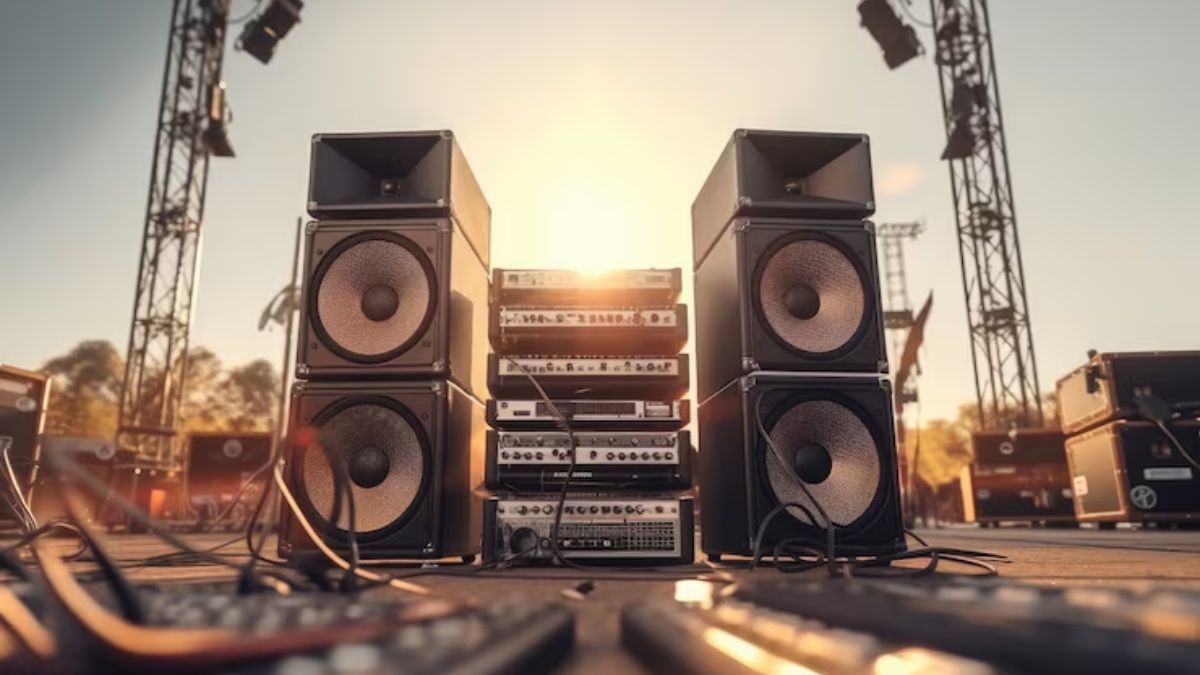- By Supratik Das
- Sun, 24 Aug 2025 02:58 PM (IST)
- Source:JND
Indonesia loudspeaker ban: Authorities in Indonesia's East Java province have prohibited the excessive use of loudspeaker trucks following increasing complaints from residents who blamed the deafening sound for cracked walls, damaged homes, and even health risks, including heart attacks. Religious bodies have also stepped in, declaring that excessive and damaging noise is “haram” or forbidden under Islamic law.
In villages throughout Java, huge sound systems on trucks are a familiar feature at weddings, carnivals, and Independence Day festivals. The speakers, pumping out electronic dance music blended with traditional music, play continuous music from the afternoon to dawn. "The sound is booming from 1 pm to 3 am. They play loud music and drink alcohol.". It's quite scary," said Ahmad Suliyat, a villager of Ngantru village in East Java, in an interview with AFP. Residents have posted videos on social media of cracked walls, collapsing roof tiles and wrecked shops, a consequence of the ear-shattering vibrations locally referred to as "sound horeg".
'Sound Horeg' Forces Government To Step In
The social media backlash compelled East Java Governor Khofifah IndarParawansa to introduce new measures this month. Rules limit the volume of loudspeaker towers to 120 decibels, while mobile units deployed for parades or protests are limited to 85 decibels. "It was created for health and security purposes. The sound level has to be controlled so it will not disrupt the public peace and order," the governor explained to AFP. Mobile units are also prohibited from operating near to schools, hospitals, ambulances, and places of worship.
Health Risks And Religious Intervention
Extended exposure to loud noise can result in hearing loss, cardiovascular and stress disorders. According to the World Health Organisation (WHO), anything over 85 decibels is capable of causing permanent damage to hearing, and anything over 120 decibels has the potential to cause harm immediately. The risk came tragically into focus this month as a woman was said to have died of cardiac arrest at a carnival where giant sound towers were playing music. Joining the crackdown, the Indonesian Ulema Council in East Java issued a fatwa that labeled excessive loudspeaker use in parties and convoys as taboo (haram). The decree stated that it is the noise that disturbs worship, drives road users away, and even could damage property.
Others, such as 61-year-old Daini, consider it a tradition that is well worth preserving. "The glass shattered when there was a sound horeg event last year. But that's fine, the people here prefer loud events," she told AFP, showing off her taped-up window. Others, however, remain silent for fear of retribution. Some villagers claimed speaker operators take revenge by parking outside their houses and playing music loudly for hours if someone complains about them.
ALSO READ: No Hijab, No Niqab: Why THESE Muslim-Majority Countries Ban Face Coverings In Public Places
“In Malang alone, this industry employs tens of thousands of people. Most critics are outsiders who don’t understand our culture,” David StevanLaksamana, a loudspeaker rental owner said this to AFP. For now, authorities walk a tightrope between protecting public health and peace while respecting cultural traditions deeply rooted in Indonesia’s celebratory life.
